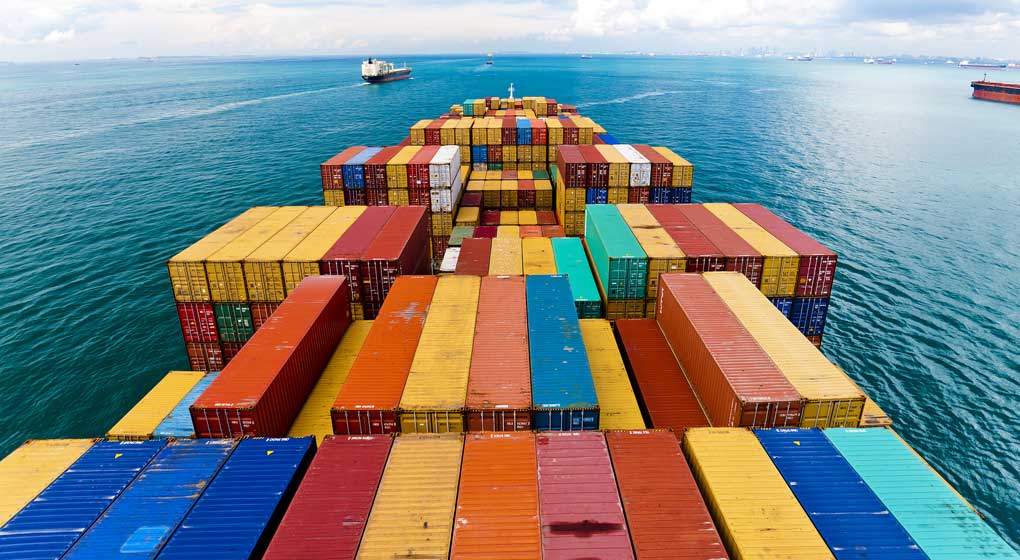Is frictionless trade post Brexit achievable?
In the time it will take to read this article, 13 trucks will have entered or left the UK through the Dover corridor through the Channel Tunnel or the Port of Dover. Expressed this way it may not seem a big number but actually it is a massive one. The maths is straightforward. Some 4.2 million freight units pass through the Dover corridor every year and this equates to a vehicle every 7.5 seconds. This is possible because the UK is part of the world’s only full functioning customs union; the EU Single Market.
Estimates vary on what might happen to the speed of transit once we leave the EU but it does not take much imagination to appreciate the consequences of increasing the ‘waiting time’ to, let’s say, one minute. I say waiting time because, in fact, currently there is no waiting time and the 8 seconds is, in effect, governed by how quickly the trucks can drive off the train or ferry! On the border between Northern Ireland and the Republic of Ireland, where more than 4.6 million lorries and vans cross the border each year, even this inconvenience does not have to be overcome. Where can we look for a model that might work for UK?
Several examples are cited including the Norway-Sweden border; 1630 km long with 10 approved border crossings, all of them with customs controls on at least one side of the border. Some commercial vehicles are pre-cleared but otherwise commercial lorries carrying goods have to queue to submit papers for inspection and stamping. The average waiting time at a Sweden-Norway border crossing is eight minutes, though it can take hours on busy days.
Currently there is no waiting time and the 8 seconds is in effect, governed by how quickly the trucks can drive off a train or ferry
Although Norway is not in customs union with the EU it remains in the Single Market which significantly reduces the burden at the border inspection posts as they are signed up to the principles of free movement. Crucially, they maintain regulatory alignment with the EU. This does not overcome the issue of tariffs, but it does mean that goods can cross the border without veterinary and public health checks. But this model imposes obligations on the UK which are almost certainly too onerous for political acceptance. Clearly this is not the answer.
What sort of functional partnership would the UK and the EU need to develop if relatively frictionless trade is to be secured? Much of this will depend on the level of importance placed on our trading relationship with our nearest neighbours compared with what might be yielded form an independent trade policy elsewhere. I can’t speak for all sectors and we have some shining examples of successful trade with non-EU markets such as pork exports to China, but these are not substitutes for the fresh EU trade where, for example, proximity allows us to compete directly with domestic production with comparable delivery times.
A customs union with the EU would go some way to protecting this trade which would otherwise be devastated by tariffs in the absence of an FTA, but this will not solve the problem unless it is coupled with close regulatory alignment. Leaving the EU does not mean that the UK becomes a rule maker rather than a rule taker. Any business that has had to go through a compliance audit for export to a 3rd country market knows whose rules we have to obey; those of the importing country. Quite simply, if we want to export to the EU, we will have to follow their rules and with no say in what they are.
The Swiss have a bilateral Veterinary Agreement the implementation of which is monitored by a Joint Veterinary Committee. This ensures a high degree of cooperation allows both parties to discuss bilateral problems if there is any divergence in rules and to look for mutually acceptable solutions. This may not be the whole answer and the size and importance of the UK for EU trade requires a bespoke solution. Without that, maintaining frictionless trade at anything close to the current levels will be a pipe dream.







